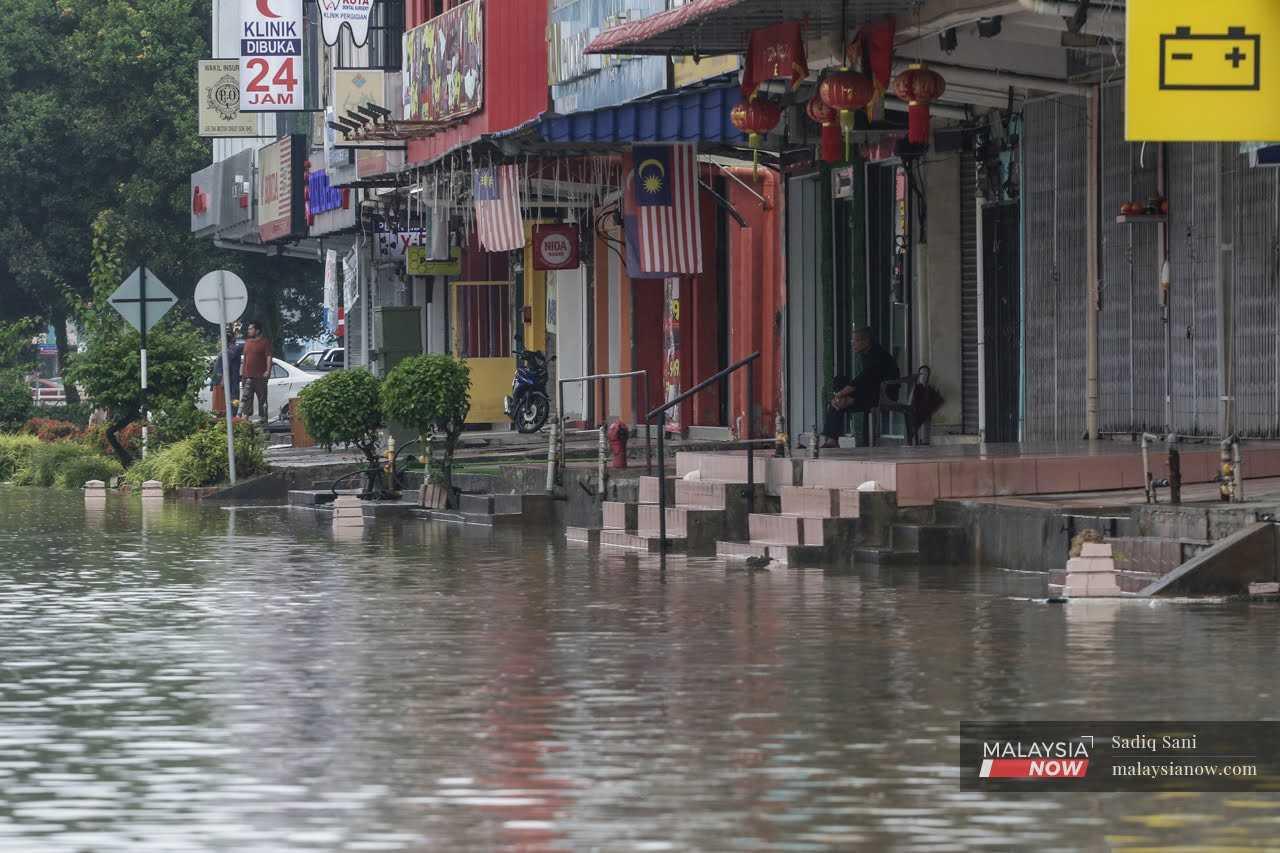Prioritise sustainable water management to avert disaster
The time has come for the government to address the urgent need for the sustainable management of water and the environment.
Just In
Frequent water disruptions, pollution and floods may pose temporary inconvenience for the people but such issues, if prolonged and left unaddressed, can jeopardise not only our health but Malaysia’s economy and investments as a whole.
Degradation in water quality can cause adverse effects, a vicious cycle of sorts, to not only our environment but also our agricultural sector, to name a few, as water eutrophication poses significant threats to ubiquitous water quality.
The time has come for the government to address the urgent need for the sustainable management of water and the environment to help tackle these long-standing issues because the detriment of water-related issues goes beyond human life.
The temporary closure of four water treatment plants due to illegal discharge and odour pollution, affecting more than 1,300 areas and millions of consumers early this year, was not an isolated case in Selangor.
Consumers in the state have long faced rampant water cuts due to all kinds of factors, including pollution caused by illegal and contaminated discharge.
This situation is made worse by the increasing river water levels due to the heavy rain expected until May. Many areas in several states have been inundated with flood waters, with thousands of people evacuated to flood relief centres.
Danger warnings of continuous heavy rain, with rainfall exceeding 240 mm/day, were issued by the Meteorological Department for many areas in states such as Johor, Pahang, Perak, Terengganu, Negeri Sembilan, Melaka and the Klang Valley. As of March 6, a total of 98 areas were submerged, 21 landslides were reported while 10 roads and a bridge were reportedly damaged.
The recent World Water Day 2023 emphasises the needs for the government and the relevant authorities to accelerate changes to acknowledge the core of the water and sanitation crisis and make efforts to overcome these pertinent issues.
The national agenda to transform the water sector into a dynamic and vibrant economic sector that can contribute significantly to the national GDP and good water quality must be implemented without delay.
This is also in line with the commitment stipulated under the Sustainable Development Goal (SDG) 6 for clean water and sanitation as part of the 2023 agenda to ensure the availability and sustainable management of water and sanitation for all.
Malaysia must provide an active response in its mitigation and adaptation efforts to safely manage water and sanitation to avert problems such as water cuts and odour issues as well as floods, so as to get in line with the 2030 agenda because right now, we are seriously off-track.
The government needs to revisit and make progressive mitigations on the implementation of the Water Sector Transformation 2040 to ensure that this country is ever prepared to face eventualities or disasters because prevention is better and cheaper than cure.
Stakeholders’ participation and support are critical to addressing related issues and they must be brave enough to transform to break the entrenched sectoral boundaries, to go beyond and integrate. It is time for full preparedness and progressive implementation, covering all aspects of water cycle – groundwater, wastewater, water supply, stormwater and the natural systems.
The measures taken must cover a wide range of institutional and community well-being and lifestyle situations from the socio-economic and environmental perspectives, from the household to city levels, to make water part of rural and urban planning, including built environment.
The Frangipani green sustainable resort in Langkawi is one example of a sustainable approach by the business community to build an organic farming system, construct wetlands and rainwater harvesting towards a better environmental management, along with a focus on low carbon emission to address climate change and water pollution.
Caring for our rivers, coastlines and other bodies of water is critical for biodiversity sustainability, ecosystem and the general quality of life. The people must be assured of the adequacy of water resources and clean water supply, and at the same time be prepared in facing disasters such as floods for their safety and interest.
Comprehensive policies, strategies and action plans that have been outlined by the relevant authorities must not remain on paper but be executed without delay for the well-being of all.
Nur Zalikhaa’ Zainal Abidin is a research analyst at Institut Masa Depan Malaysia (MASA).
The views expressed in this article are those of the author(s) and do not necessarily reflect the position of MalaysiaNow.
Subscribe to our newsletter
To be updated with all the latest news and analyses daily.
Most Read
No articles found.
